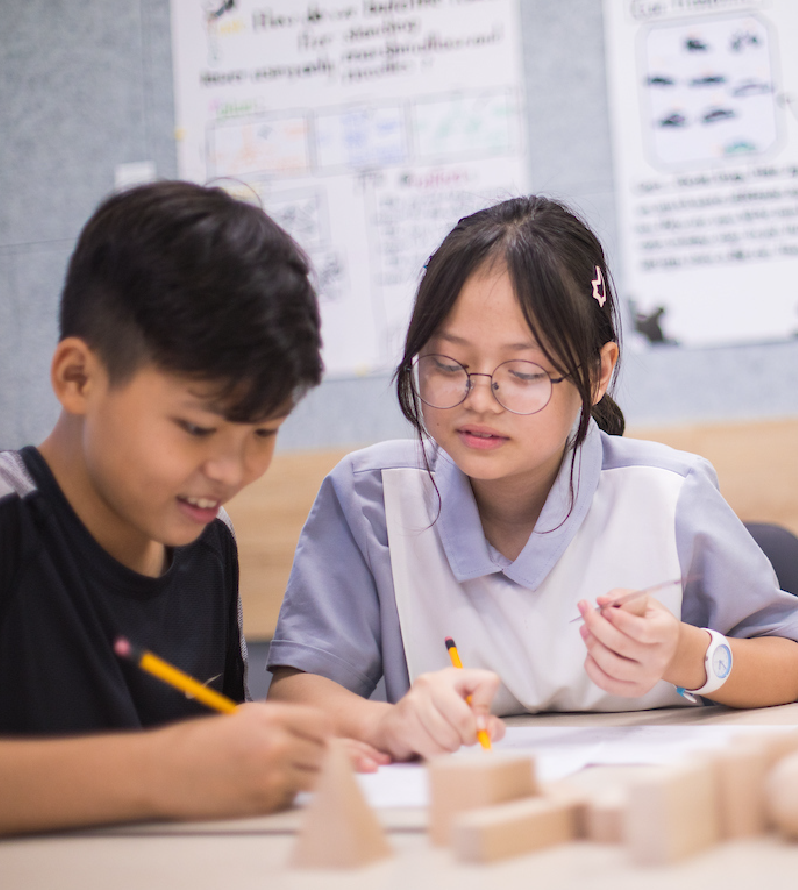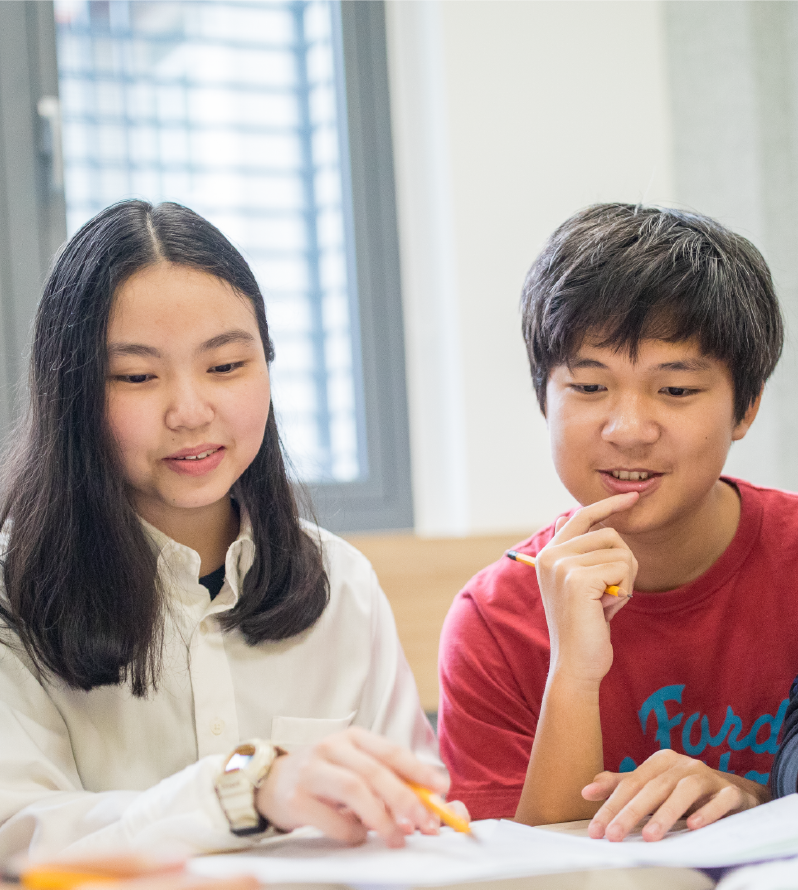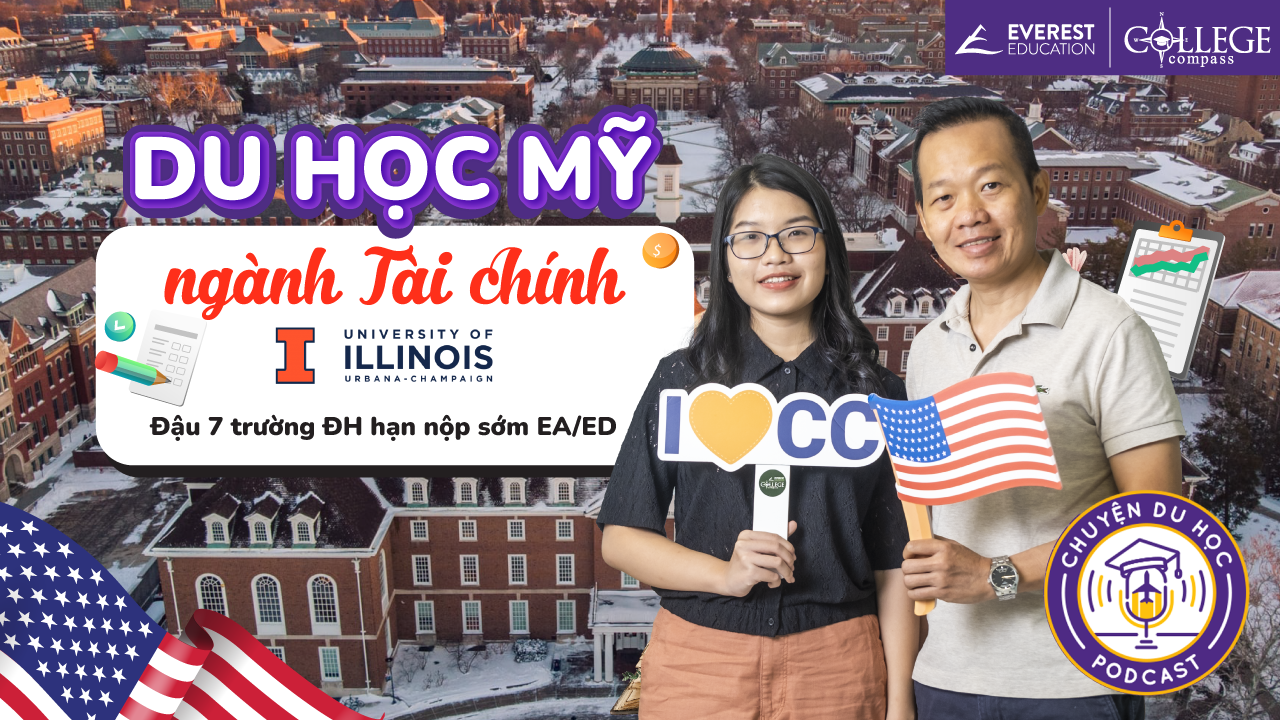When you praise a student’s effort (not her grades), she becomes more resilient, and this helps to focus her attention on the process, not the outcome. This focus is the foundation of grit. This doesn’t mean that as a parent you don’t care about grades, but that you have to study why your child earned that mark. “After every assignment, I always ask my 7-year old son to rate himself on effort and strategy, no matter what his grades are. This builds a self-awareness that this his work is directly linked to his grades, not whether he is naturally smart or not”.
“I Max Out” is the Everest way to frame the growth mindset, and it refers to our attitudes towards learning. We want students to persevere when they “fail,” by studying the reason for their outcome. Through reflection, students learn to believe that failure is not a permanent condition, and they grow through challenges.
Yes, we don’t praise you because you’re smart. We praise you when you have put in your full effort. We feel so strongly that this effort will result in clear improvement and progress. This growth personally and academically is reflected in “I Can”.
Students have tremendous potential to learn and make a lot of progress, but the primary measurement for that is not how well they compare to others, but to themselves.
When students learn from challenges, they feel a sense of progress, and they will enjoy learning so much more than memorizing facts. There is a natural pleasure that builds a lifelong love of learning and fuels long-term success in school and beyond.
So “I Can” is the result of a growth mindset.
The third Everest Education value is “I Contribute.”
Success in life requires far more than just good grades. We need so many other skills. Someone may be a good communicator, someone else may be a good listener, while another person might be especially effective in helping others. In the real world and at Everest, we strive to amplify the strengths of everyone. It’s not sufficient to only have good grades yourself. You are expected to help your peers and the entire class improves by being a great teammate and contributor. This fosters all the 21st century soft skills through just a simple phrase.
“I Contribute” reminds students that none of us ever reach the summit by ourselves and that we all rely on others to be successful.


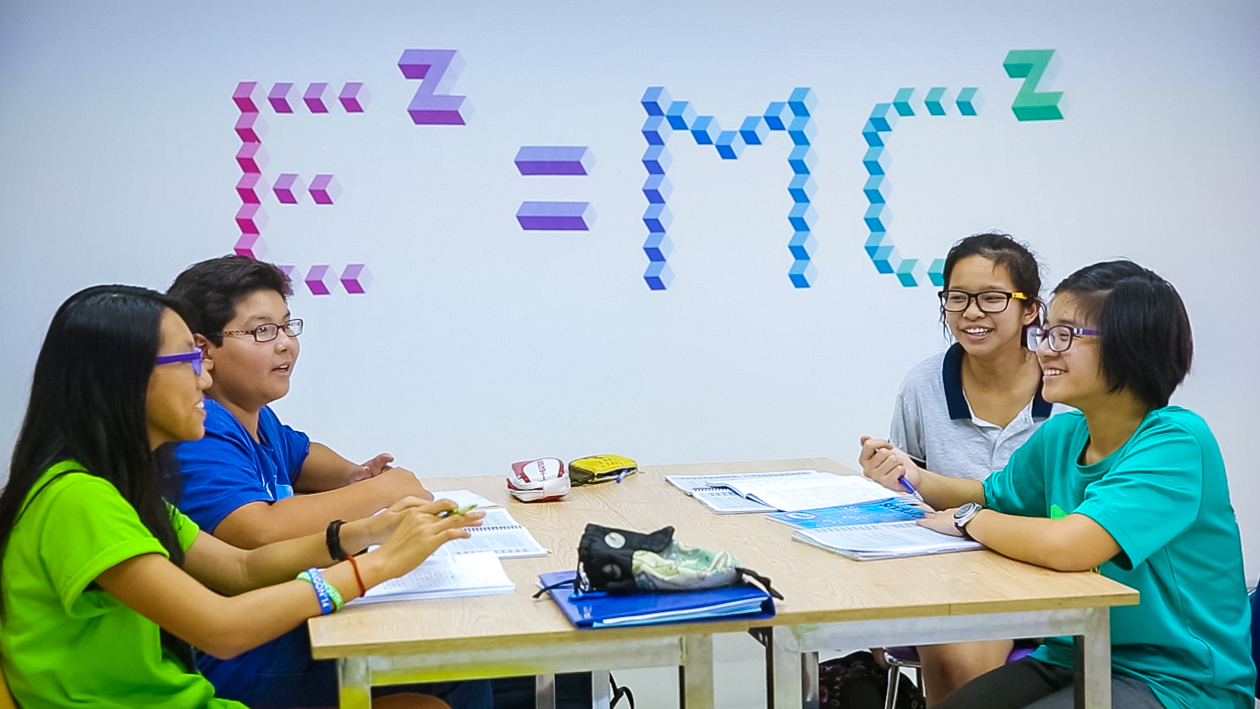
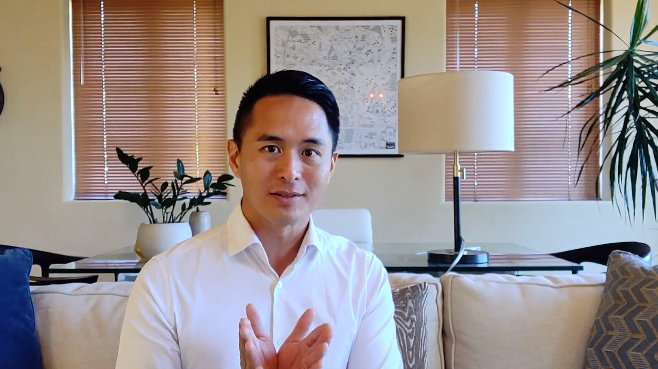 “After every assignment, I always ask my 7-year old son to rate himself on effort and strategy, no matter what his grades are. This builds a self-awareness that his work is directly linked to his grades, not whether he is naturally smart or not.”
“After every assignment, I always ask my 7-year old son to rate himself on effort and strategy, no matter what his grades are. This builds a self-awareness that his work is directly linked to his grades, not whether he is naturally smart or not.”


